(ECNS) –Elephant protectors from southwest China’s Yunnan shared the updates on the wandering Asian elephants in the province – they have divided into two herds living in different areas as new members keep joining and that elephant cubs gained weight.
Peng Jinfu and Pu Yongbing are responsible for monitoring the elephant herds in the Dadugang area of Jinghong City, Xishuangbanna Dai Autonomous Prefecture in Yunnan.
According to Peng, seven of the animals are "wandering elephants" that started to walk north and eventually returned to Yunnan in 2021, including four adult females, one sub-adult male and two babies.
“The baby elephants are much fatter than when they returned,” said Peng.
In 2021, a total of 15 elephants, or the “short-nosed family”, drew the world’s attention a more than 100-day journey that covered more than 1,300 kilometers. As last, the herd went back to their home under human protection.
The short-nosed family has been moving around within the Mengyang area of Xishuangbanna National Nature Reserve and its surrounding areas since returning to its original habitat on Dec. 9, 2021, said Zhou Chenhao, director of the monitoring office of the Xishuangbanna Asian Elephant Protection and Management Center.
It is found that sometimes individuals of the short-nosed family left or returned, with some new members joining them. In June 2022, the short-nosed family was divided into two herds. At present, the herds have 20 members, of which 13 live in the Puwen area and seven live in the Dadugang area together with another 23 elephants.
The Asian elephant is listed as Endangered by the International Union for Conservation of Nature (IUCN), and the species has also been designated as a Class I protected animal in China.
"An elephant family usually has eight to 15 wild members, with the oldest female elephant as the head to guide the family’s migration, foraging, and rest,” said Chen Fei, director of the Asian elephant research center under the National Forestry and Grassland Administration.
When the population grows to a certain scale, female elephants with close blood ties will take their children to set up a new family and find a new habitat, so elephants will be separated, Chen said.
“The separation and reorganization of elephant groups are very common, which is to meet the demand for better existence and reproduction,” said Chen.
Asian elephants are huge in size and need a lot of food and water every day, so they have to keep migrating to find food, water sources and replenish salt, he added.
Experts said that wild elephants are typical social animals and separation serves healthy reproduction.
In the context of the declining number of elephants in the world, the population of wild Asian elephants in Yunnan has increased, which shows the achievements China has made in ecological civilization construction and biodiversity protection.
"Under the general trend of decreasing Asian elephant populations around the world, the Asian elephant population in Yunnan is growing rapidly, and a 'baby boom' occurred," said Wan Yong, head of the Forestry and Grassland Bureau of Yunnan.
“There is no safer country than China in the world for Asian elephants,” said Ahimsa Campos-Arceiz,a Spanish research fellow at the Xishuangbanna Tropical Botanical Garden, Chinese Academy of Sciences.
China has made very good protection policies for Asian elephants, which have resulted in remarkable achievements, he said.
China has established 11 nature reserves with an area of 5,098 square kilometers for Asian elephants. The Xishuangbanna Asian Elephant Breeding and Rescue Center in Yunnan has saved 30 elephants in the past two decades and accumulated rich experience in terms of wild elephant rescue and abandoned cub care.
In addition, Yunnan has set up a "canteen" for elephants, which covers an area of more than 9,000 mu (about 3643 hectares), with elephant food like elephant grass and sweet bamboo.










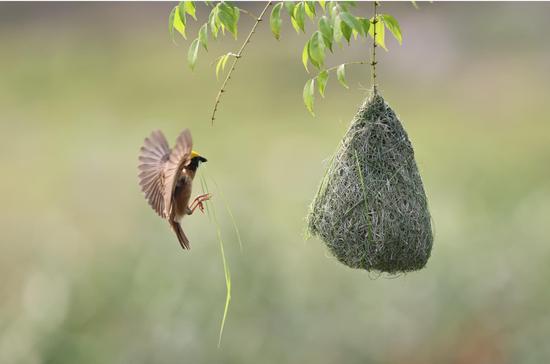
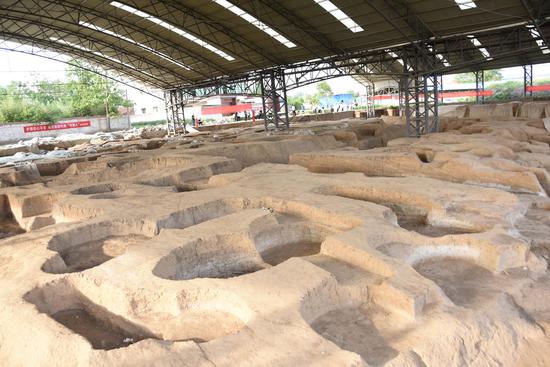
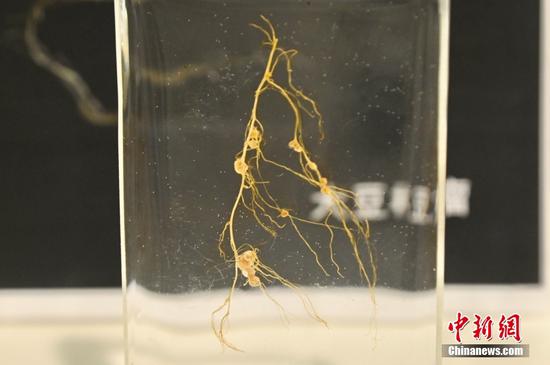






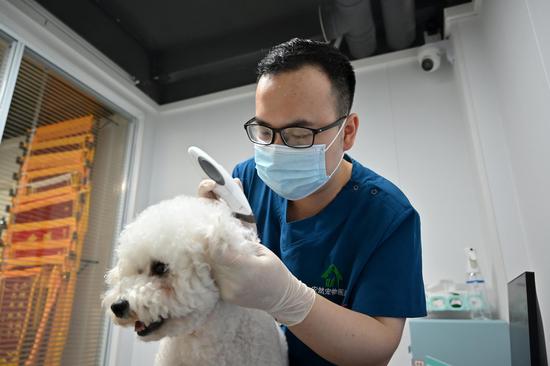


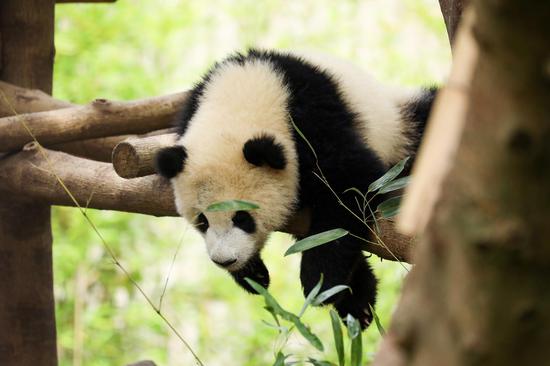

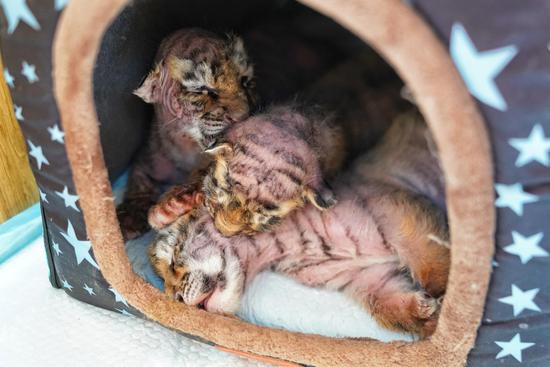







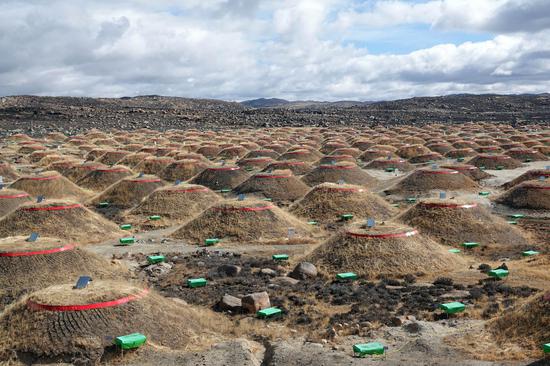





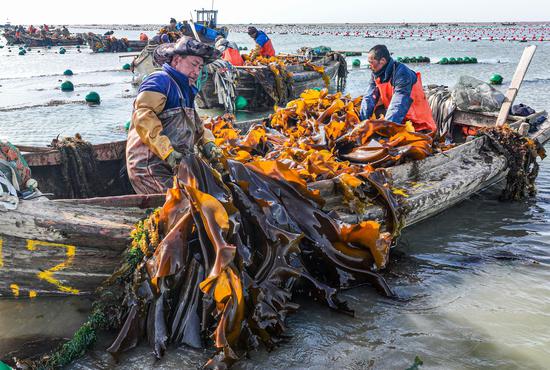











 京公网安备 11010202009201号
京公网安备 11010202009201号